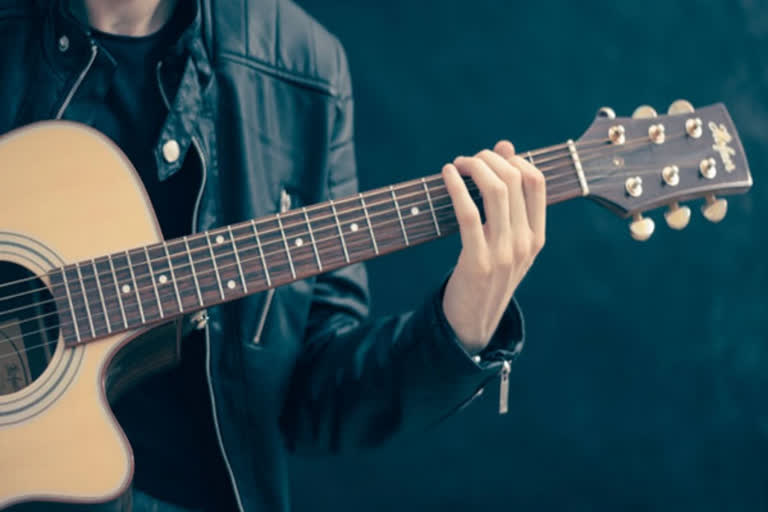California [US]: In Peru, music is being used as an effective therapeutic tool. Icaros, or traditional songs, are used as part of a man's drug and alcohol addiction recovery programme. These Icaros are utilised during Ayahuasca healing rituals at the Takiwasi Center for Drug Addiction Rehabilitation and Research on Traditional Medicines in Tarapoto, Peru, together with conventional Amazonian medicine and psychotherapy.
A music researcher from the University of California, Riverside has documented the beneficial role Icaros play in men's recovery for the first time in the centre's 30-year history. The name of Ayahuasca, a plant-based hallucinogen, translates to "vine of the dead" in Quechua, the main Indigenous language of Peru.
The findings of the study, led by UCR doctoral ethnomusicology student Owain J. Graham, were published in the journal Anthropology of Consciousness. Graham said the topic of his research needs to be further explored and the role of music as a therapeutic tool better understood so that music can be more effectively integrated into healing treatment options for patients in the United States, and potentially globally, suffering from addictions and other illnesses.
About 67 per cent of participants who completed a nine-to-12-month program at Takiwasi Center, did not return to substance abuse, according to previous research cited by Graham and his colleagues. About 86 per cent of patients showed statistically significant improvements on the Addictions Severity Index, an assessment tool used to evaluate substance abuse treatment.
An analysis from 2017-19 assessed 180 responses. All patients reported that Icaros changed their psycho-emotional state and that Icaros affected healing related to "unblocking," a process also known as "cleansing" and "removing," referring to reports of Ayahuasca's purgative effects, both physical and psycho-emotional.
"Ethnomusicologists and medical anthropologists understand the role that music plays in healing among many cultures," said Graham, whose research interests include indigeneity and ritual music in South America. "While Western biomedicine's foundation in science is strong, it has also neglected to explain the connection of mind-body and how music can affect healing."
The Takiwasi Center only hosts men in its on-site residential program. It focuses on men's health because in Peru and around the world most substance addicts are men, not women. Respecting the guidance of Amazonian healers, the program also requires complete focus, including sexual abstinence, which is why it does not allow women to live within the community of rehabilitation patients. Women do receive treatment and are allowed to participate in the centre's healing ceremonies.
